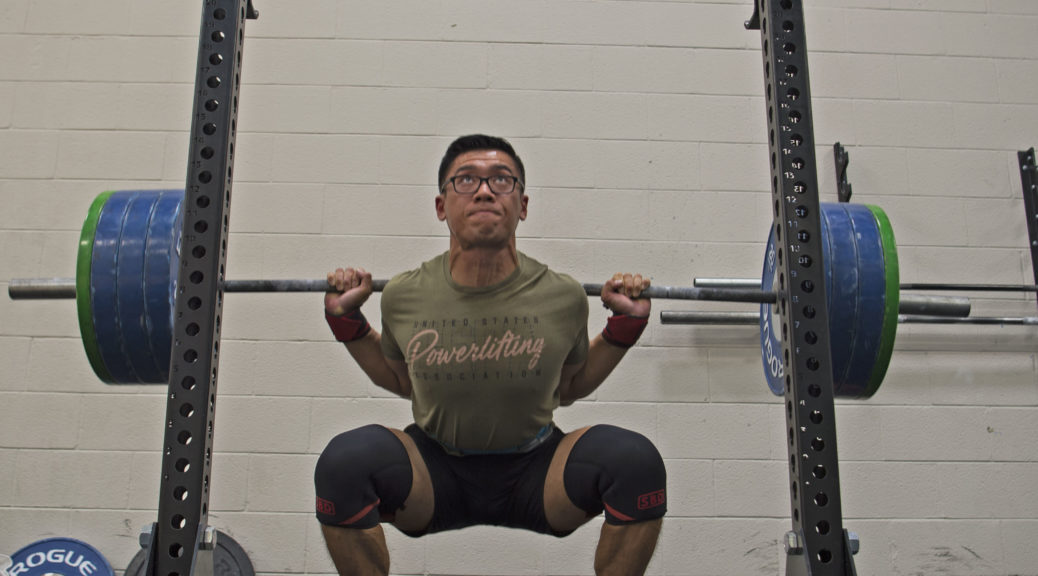College can get overwhelming at times with homework, exams, classes, work, and balancing a social life, which can take a toll on a person’s mental health. Stress in college is often overlooked as non-existent and unimportant but in reality stress affects most students during at least one point in their college studies.
Although not all forms of stress are bad, it’s important to find ways to help manage and control it at a healthy level. Little changes you make in your life can help improve your mental health, it’s important to change your routine and not be stuck in the same negative mindset every day.
I always find it helpful when I plan out my day and write down every important task I need to complete that day, that way I am able complete it on time and not stress out about it in the future. I also try to stay off technology as much as I can, in order to focus on completing my work and not procrastinate, this has helped me tremendously in preventing unnecessary stress.
Aside from planning and staying off technology, a great way to help create a healthier routine in your life is to go outside and explore nature. I always find it relaxing when I go out for walks or runs every morning especially when I go out on hikes and focus on the beauty and peacefulness of nature rather than on my stressors. Exercising is also a great way to help alleviate stress, even exercising for just 10 minutes every day can help bring your stress levels down.
Take advantage of on campus workshops and support groups that USC offers to its students. For example, USC’s Engemann Student Health Center offers various workshops and support groups led by counseling service staff that are tailored towards student’s specific needs. Ranging from calming anxiety, mindful well-being, social confidence, and of course stress management. The workshops are made to help USC students learn new skills and approaches to improve or manage their stress and adversities. I can personally say that the workshops and counseling that the Engemann Student Health Center offers has helped me better manage and my stress and problems.
Most importantly, you are not alone! Don’t ever feel that you are the only one going through stress. It’s important to remember that there are various forms of resources and support available to you, whether it is through USC, your family, or even nature, you should always take advantage of the options available to you in order to help manage and prevent stress.
Featured image by JESHOOTS on Unsplash
Cheryl is a senior studying Political Economy with a minor in Forensics and Criminality. She is a Mexican American from Oxnard, California, in addition to being fluent in English and Spanish she loves to learn new languages and experience different cultures. Cheryl enjoys baking, spending time with her dogs, and meeting new people.



